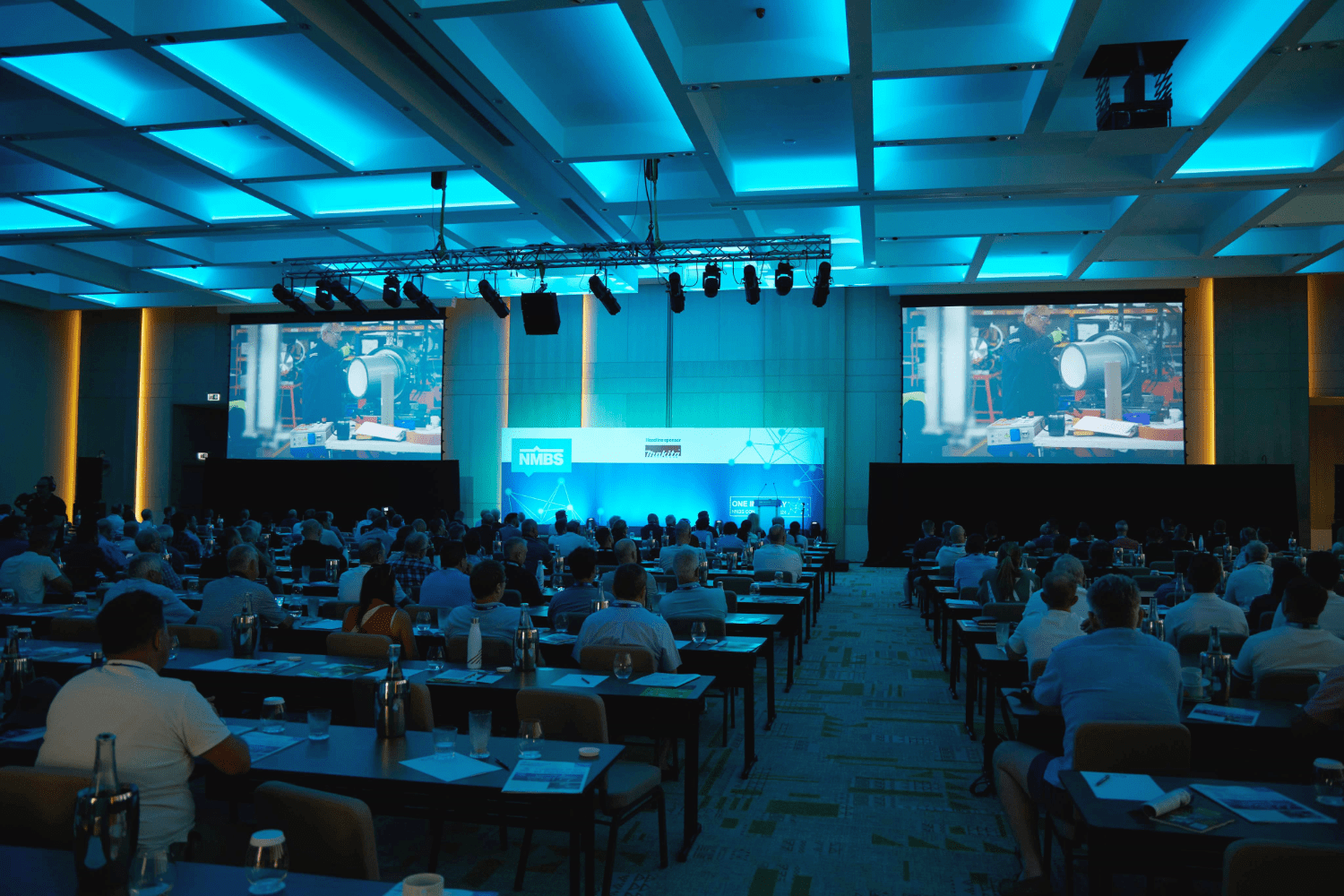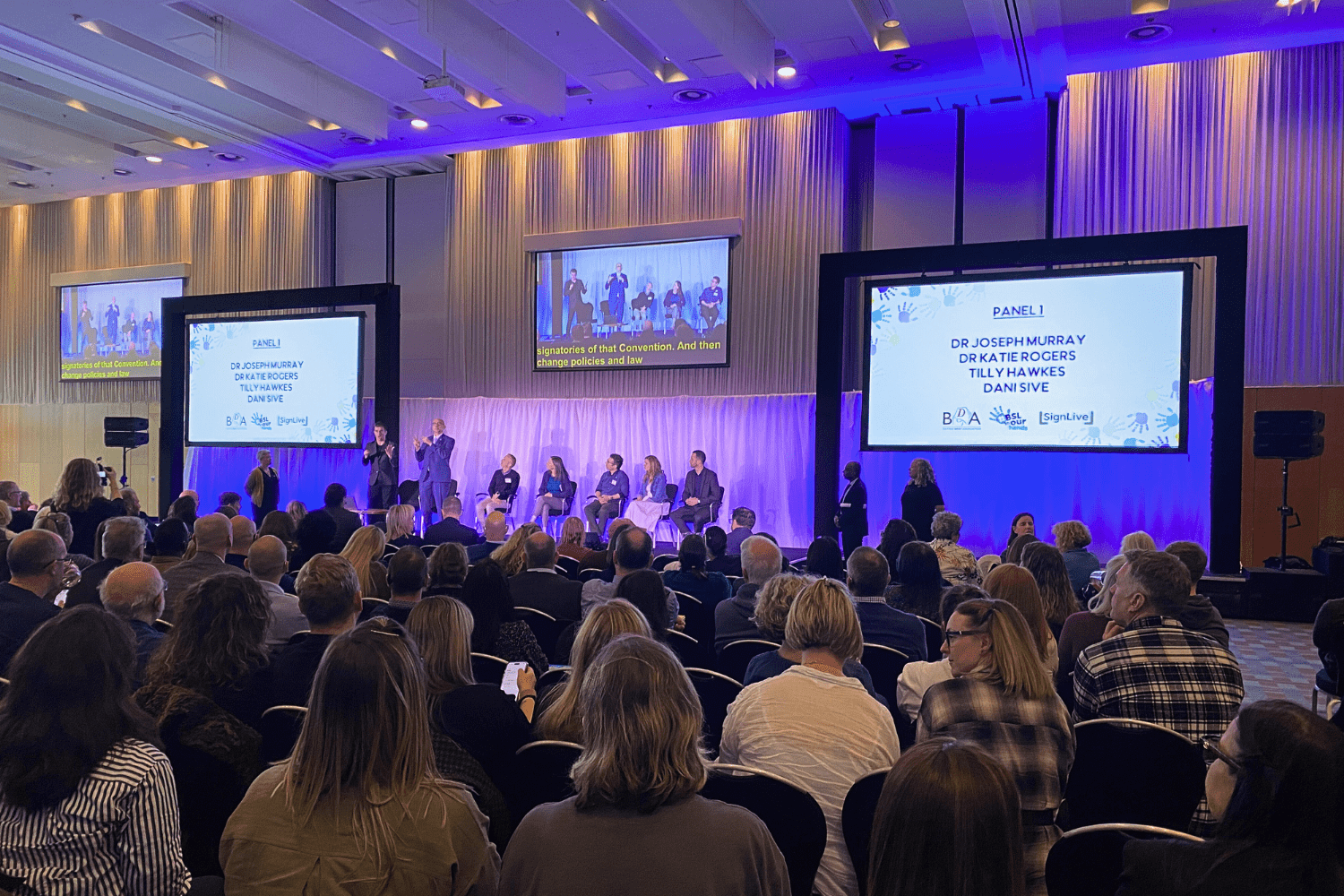 Back to News Room
Back to News Room
News

Not using a corporate event agency? Here are the errors to avoid
When running an incentive reward scheme for employees, there are a range of ways to approach the planning process.
Some look to their in-house events team, some look to an external corporate event agency, and others take on the responsibility and organise the event themselves. For the latter, it's important to familiarise yourself with the common errors that can easily occur - and how to avoid them!
As leaders in the corporate events industry, we’re aware of the problems that can arise when organising an event. Here are some things to look out for and avoid when planning a company event in-house.
In-house event planning mistakes to avoid
1. Not knowing your audience
Before beginning the event planning process, it’s important to know your audience and what motivates them. Whether you’re targeting an entire workforce, or a particular team – different people are interested in different things. Make sure you’re aware of what an event needs to provide in order to capture and maintain engagement and interest from your employees. Doing the research and being able to incorporate individual interests into your event will allow you to get personal and help you to achieve a higher level of engagement from your target audience.
Event ticketing platform Billetto share their 6 tips to best identify your event target audience.
2. Not marketing your event
Events and marketing go hand-in-hand, which is why there’s no reason for it to be ignored!
Building momentum is essential in order to actively engage employees with an incentive travel scheme, and that’s exactly what event marketing aims to do. The registration and qualification for the event should be made clear through frequent communications, whilst also creating an excitement around what to expect from the trip or event itinerary. Ensure you have a plan and timescale of how you are going to communicate with your target audience from the launch of the event information, to the delivery and beyond.
This should include regular updates and promotion of your event through a range of media such as email marketing, SMS messaging, desk collateral and print work. Existing internal communications can also be used to promote your event around the office. For example, plasma screens, internal messaging systems, and company newsletters can all contribute to a successful event marketing strategy. Remember, your aim is to keep the momentum alive and at the forefront of your employees’ minds.
3. Poorly planned logistics
When it comes to logistics, the planning and preparation of your event is essential.
Poorly planned logistics such as timings, transport, facilities available, locations and weather considerations can dramatically affect the attendee’s experience of the event. Even if you feel like everything is planned down to a ‘T,’ be sure to have a backup plan in case anything does happen to go wrong. Many things may not be within your control to prevent, but will be in your control to rectify with careful planning and research. From last minute flight cancellations, to overbooked accommodation – various problems can arise and consequently ruin part of, or even an entire event. Don’t let poorly planned logistics affect the success of your event, be aware of every last detail, and have fall back options available to you.
Check out our contingency planning guide for help on how to ensure you are prepared for the unexpected.
4. Not asking for feedback
Criticism can be hard to swallow, however, it may be cliché, but it’s important to remember that the customer is always right (especially when it comes to feedback).
Although the build-up and actual delivery of an event may seem like the most difficult part of the entire process, post-event feedback is a huge part of understanding how you can develop and improve your next event. Preparing a post-event survey for attendees to fill out, or simply asking how their experience could have been better or different will give you an insight into how you can enhance future events.
5. Not having an event objective/goal
What is the reason for your event? Is it to drive behaviours through reward and recognition, increase productivity, staff retention, to educate and inform, or simply to engage employees with your company goals and values?
Whilst an ‘out-of-the-blue’ event may seem like a lovely gesture from an employer, what is it looking to achieve? Company events can be expensive and some form of return on investment should always be aimed for. Having a goal in mind that can be achieved through the promise of an incentive event is a great way to motivate employees and drive desired behaviours in the workplace. Implementing an incentive reward programme is a great way for you to kick-start long-lasting workplace practices, whilst also achieving or exceeding company goals and targets.
6. Playing it safe
We're the first to admit that planning an event can be daunting, and taking an easier route may seem appealing during the planning process.
However, it's important that the fruits of your labour are appreciated, and making them unique is a surefire way to do so. Now, we're not denying that tried and tested, traditional event ideas aren't successful, but having an event USP is essential to ensure you stand out from the crowd.
Whether it's an activity that takes delegates off-the-beaten-track, exclusive transfers, or simple personalised room drops - planning something that your employees will remember forever will help take your event to the next level.
Need some inspiration? Check out our 7 corporate event ideas to try.
Why use a corporate event agency?
Corporate event agencies are experienced in the organisation and delivery of corporate events, whether that's incentive travel, conferences, exhibitions, team-building, or meetings. For some, hiring a corporate event agency isn't an option, but there are plenty of resources online that can help the event planning process.
For those who can afford to hire an corporate event agency, the experience, knowledge, and supplier/venue connections held by an agency can make the event planning process much more seamless and consequently, lead to a more successful event. The services offered by a corporate event agency cover all event management needs - from marketing and design, to delegate management and venue sourcing - and can take away the stress of planning, whilst allowing you you to remain in control of the end product.
In summary
The success of a company event can be important to the status of the business and the potential of future events. Event management is not to be undertaken lightly and each detail can have an effect on its delivery. Be aware of these common mistakes when starting your planning process, and we’re sure you can create a victorious and spectacular event that will provide your employees with a rewarding experience they’ll never forget.
Want to find out more about how a corporate event agency can help you to achieve your event goals and objective? Contact us here!









